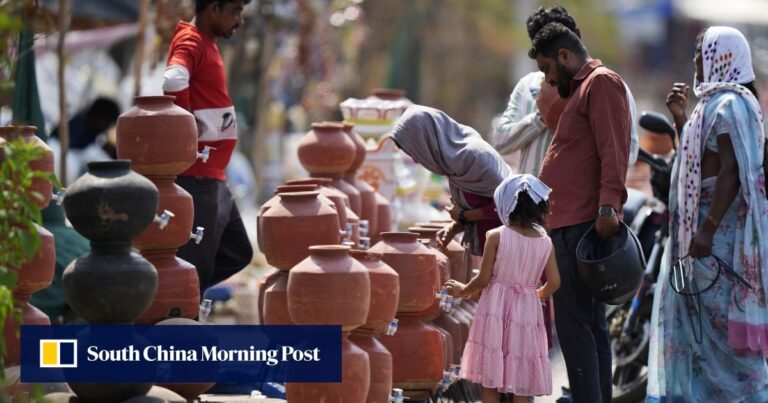“Overnight, the accusations against Adani and Ambani stopped. There is definitely something fishy going on,” Modi said at a rally in the southern Indian state of Telangana earlier this month. Shehzada [prince] They should disclose how much money they received from Ambani and Adani.”
Have a “tempo” [cargo vehicles] With lots of notes [money] “Has it reached Parliament?” he asked.
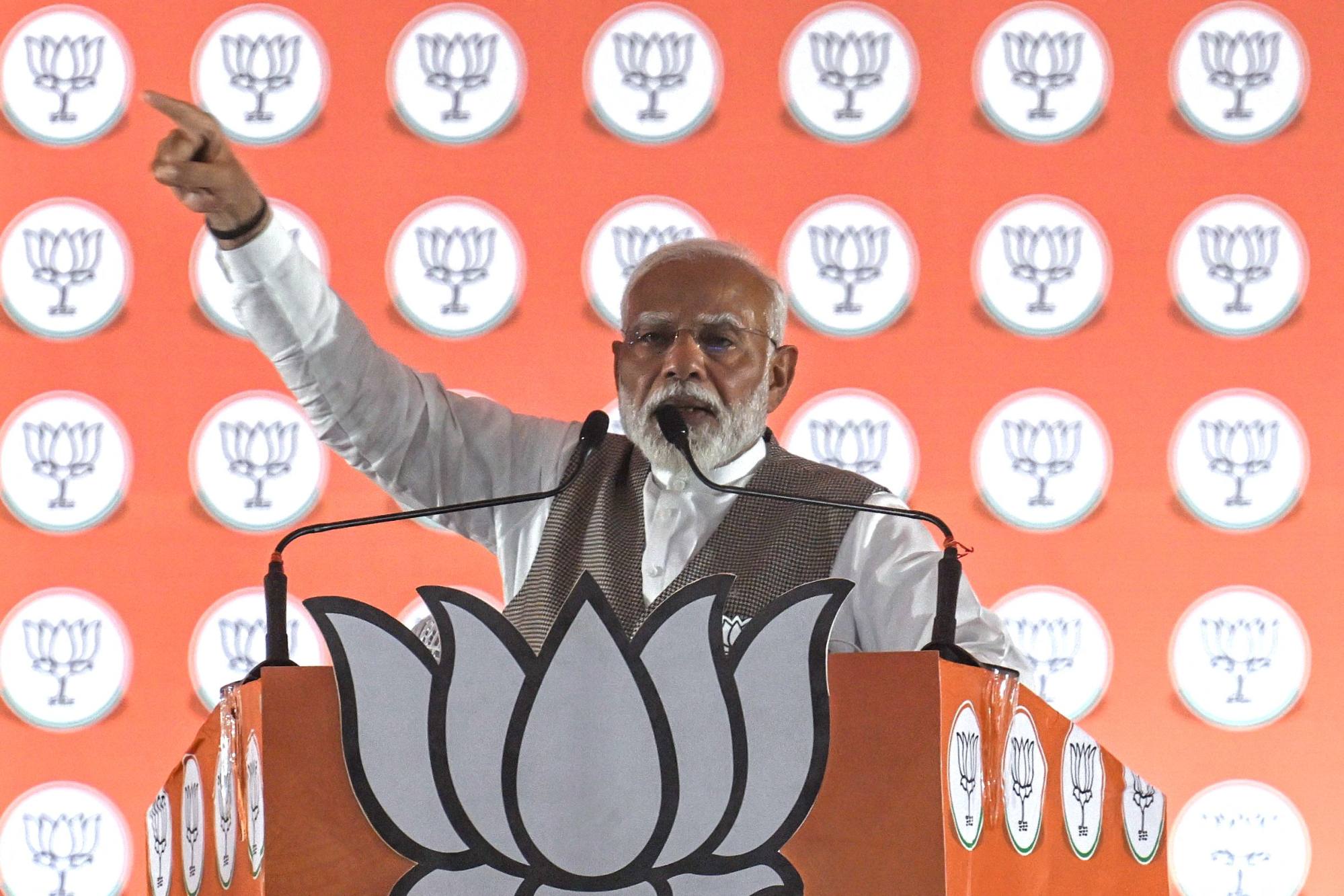
Gandhi hit back hard at the prime minister’s accusation, saying Modi had refused to take part in debates at election rallies.
“If he comes, the first thing I will ask him is, Narendra Modi, tell me what is your relationship with Adani? You gave them ports, airports, other infrastructure and defence industries,” he said. “He will be trapped on the spot.”
The topic of industrialists’ wealth and the enormous power they wield in the country has come up time and again, and in the last elections in 2019, the Congress launched its campaign with slogans like: Chowkidar Chor Hai (The gatekeeper is a thief).
The campaign initially gained support from voters but then fizzled, which is probably why Congress has placed more emphasis on the issue of income inequality in this election, said Uday Chandra, an assistant professor of political science at Georgetown University.
Chandra said Congress has made a subtle shift this time to focus on welfare programs rather than fixating on the wealth of business leaders. “Income inequality may not have a direct impact. [people]But it will be done in terms of the grievances and demands of different groups,” he said.
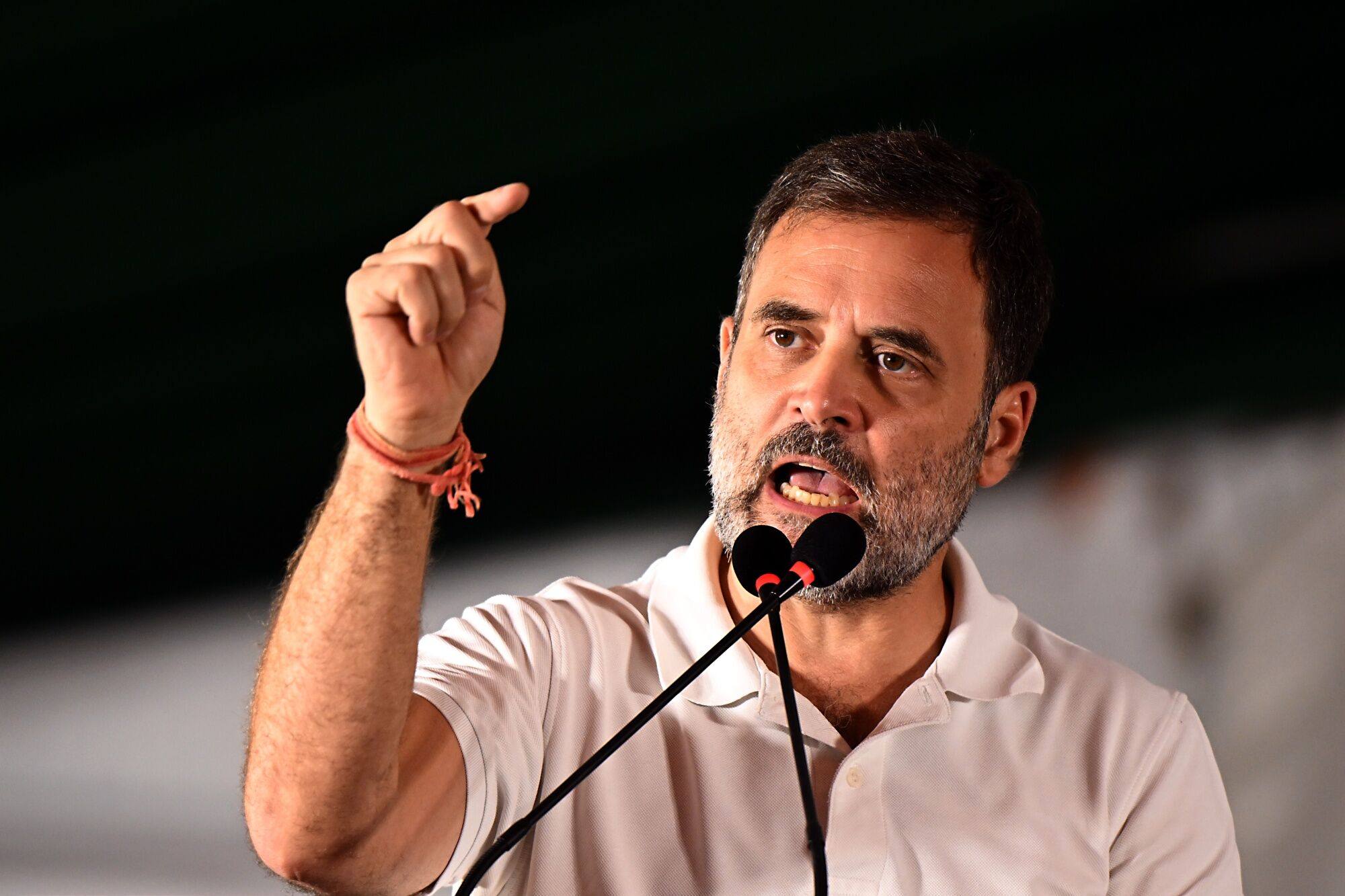
Wealth and poverty
Gandhi has said that if elected, he would conduct a socio-economic survey and formulate policies to close the gap between rich and poor. A report released in March by global economists titled “Income and Wealth Inequality in India, 1922-2023: The Rise of the Billionaires” noted that the share of national income going to the top 1% in India is at its highest level ever.
The issue of income equality in India has waxed and waned since the country’s independence in 1947, says Harsh Ramaswami, an independent political commentator.
A survey published in April by research institute Lokniti CSDS found that respondents were satisfied with the BJP’s 10 years in power, but 62% felt it was becoming harder to get a job. The survey showed that income inequality matters to most Indians, and it remains to be seen to what extent it will be an issue in this election, Ramaswamy said.
“There will be some value in this discussion because middle-class people will be interested,” he said.
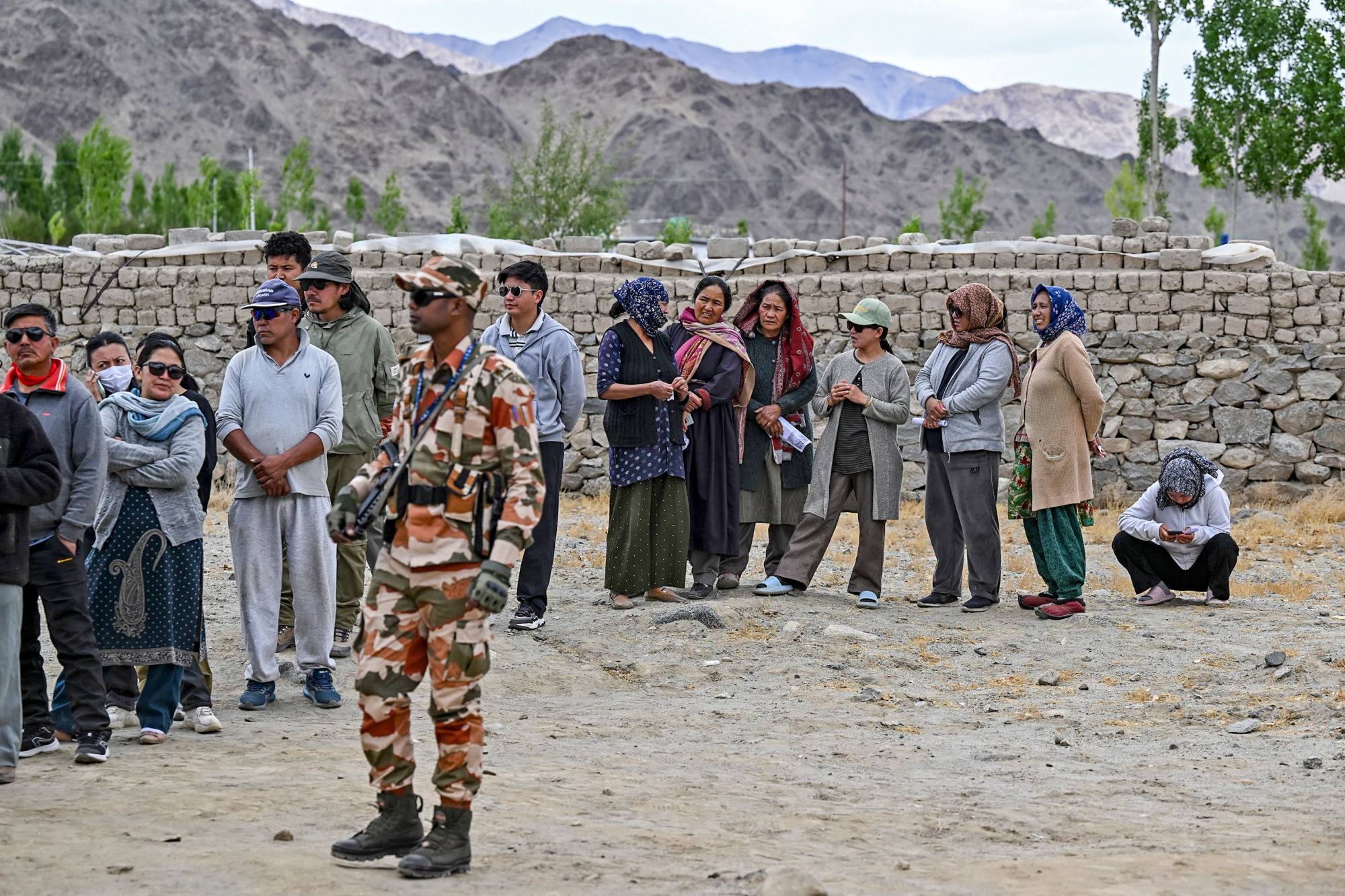
Analysts say turnout has fallen in four of the five polls so far, indicating people feel political parties are incapable of delivering social justice despite their election promises.
Two more rounds of voting will take place before the polls close on June 1st.
“Income inequality is not only real; [also] “It has increased over the past few decades. It is true that the Indian economy has been growing at a fairly fast pace, but the benefits have not been distributed equally,” said Biswajit Dhar, professor at the New Delhi-based research institute of the Council for Social Development.
Dhar noted that India is plagued by underemployment, with most workers earning less than their potential.
“We are in a situation of growth with almost no unemployment. The economy is not absorbing labour and companies are rather trying to secure profits by downsizing and reducing wage costs,” he said, adding that laid-off employees are turning to agriculture or taking up casual jobs.
“Wage earners are being squeezed out and profiteers are lining their pockets,” Dahl said. “Companies are using one person to do the work of two.”
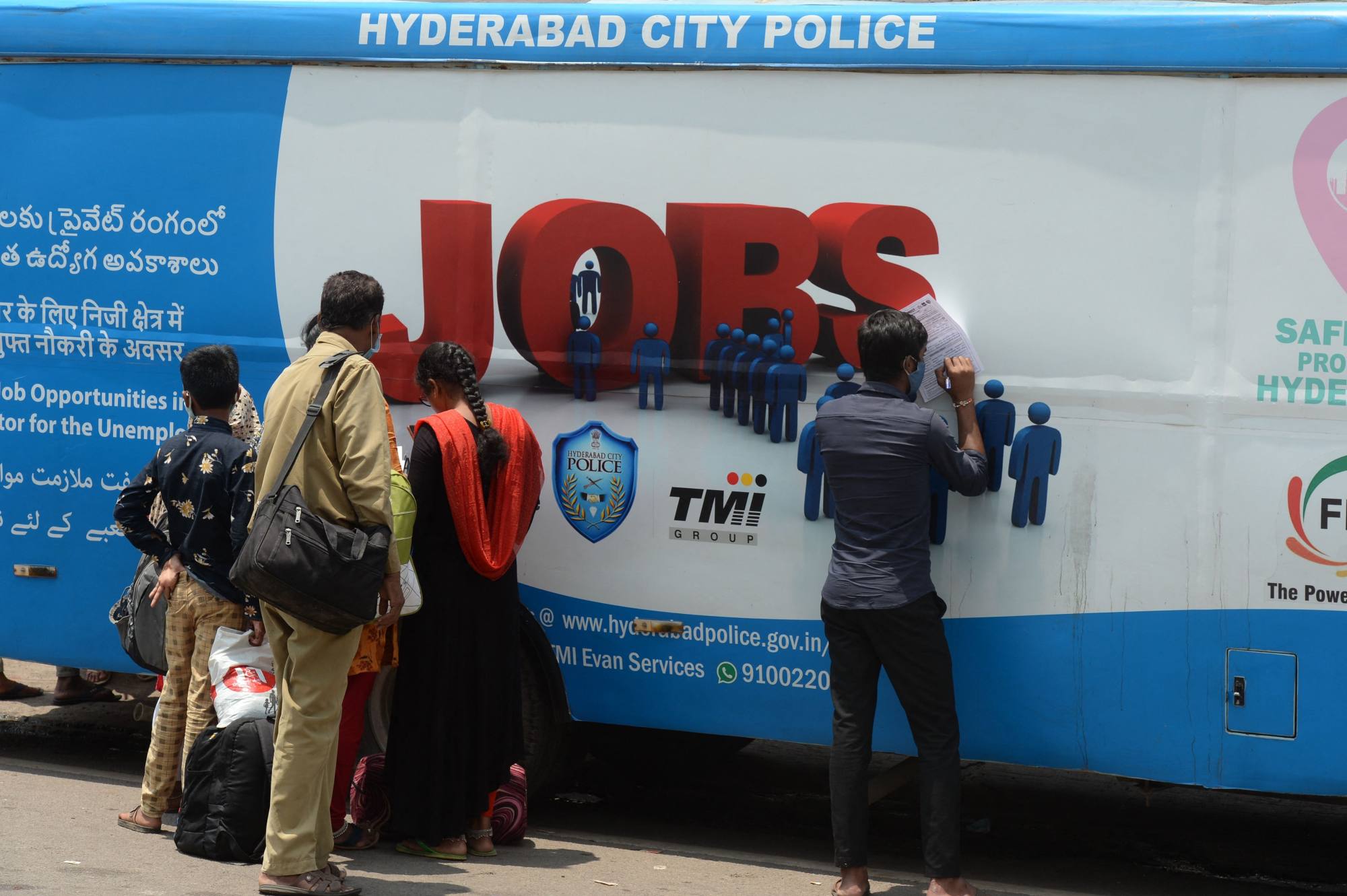
He added that the problem has worsened in recent years because most of the workers are in agriculture, which is also affected by climate change and erratic weather.
But the BJP says the growth of startups has grown significantly.
In an interview with India Today Group earlier this month, Modi rejected accusations of income inequality.
“Before, there were only a few hundred startups in the country, but now there are 125,000,” he said, adding that developing more wealth-creating talent would lead to increased incomes over time. “It’s a process.”
The Prime Minister also denied accusations from Congress that he was favouring big business.
“Wealth creators should be respected in this country. If successful people are not celebrated, how will this country produce PhDs and scientists?” he said in the same interview.
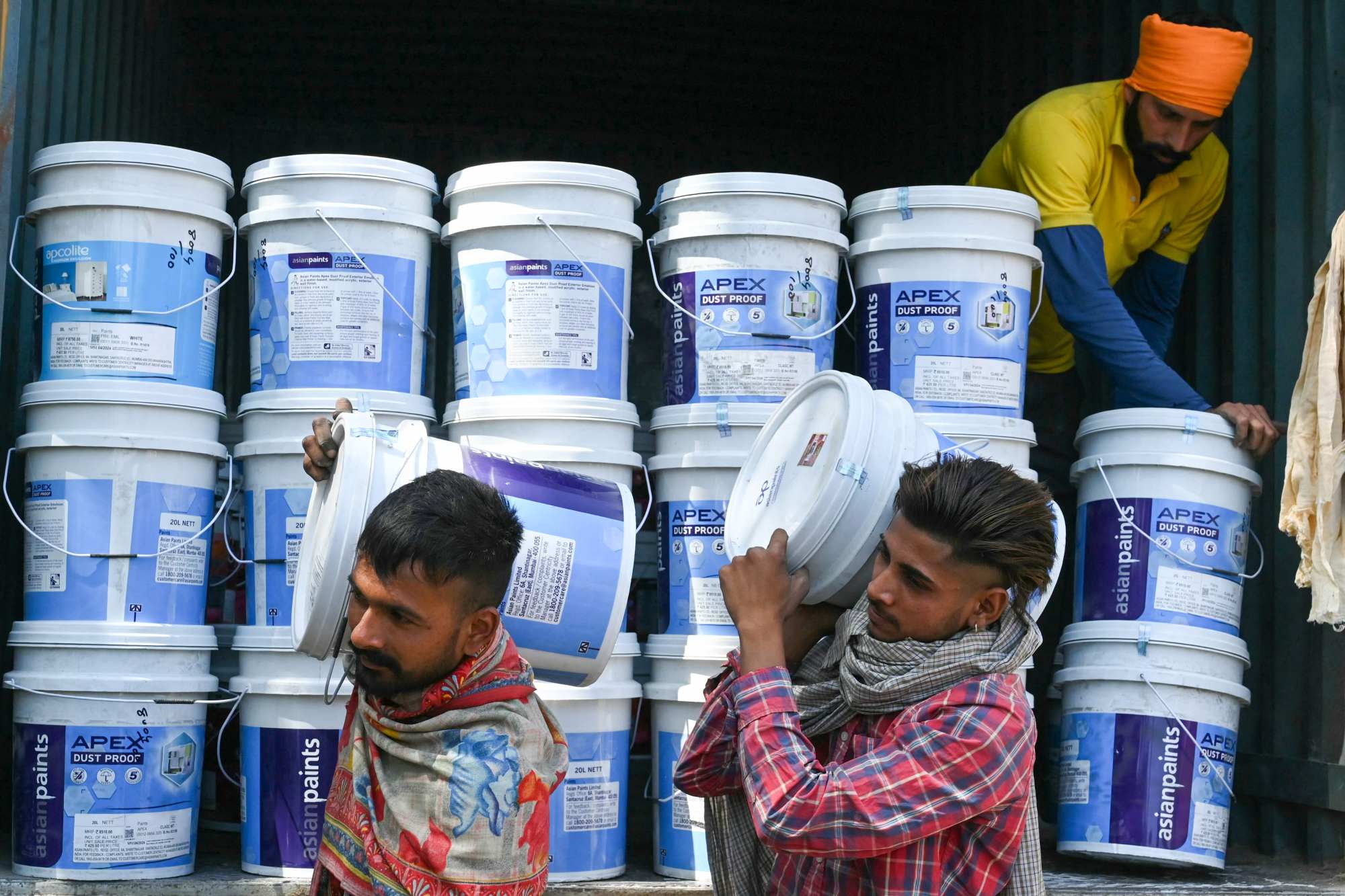
Despite talk of redistributing wealth, analysts say none of the parties, including the Congress or the Bharatiya Janata Party, are likely to target big corporations, given their heavy reliance on business leaders for electoral funding.
“The question is political will. If Ambani and Adani are political capitalists, which government will target them?” he said.
Dhar noted that inequalities in India were becoming more complex and “layered”.
“The unemployment rate for 15-29 year-olds is 17 percent. Also, one in four women is looking for work but is unemployed,” Dahl said, citing data from the regular Labour Force Survey for January-March.
He added that unless the problem is addressed head-on, India will not be able to enjoy the so-called demographic dividend of having the world’s largest young population.
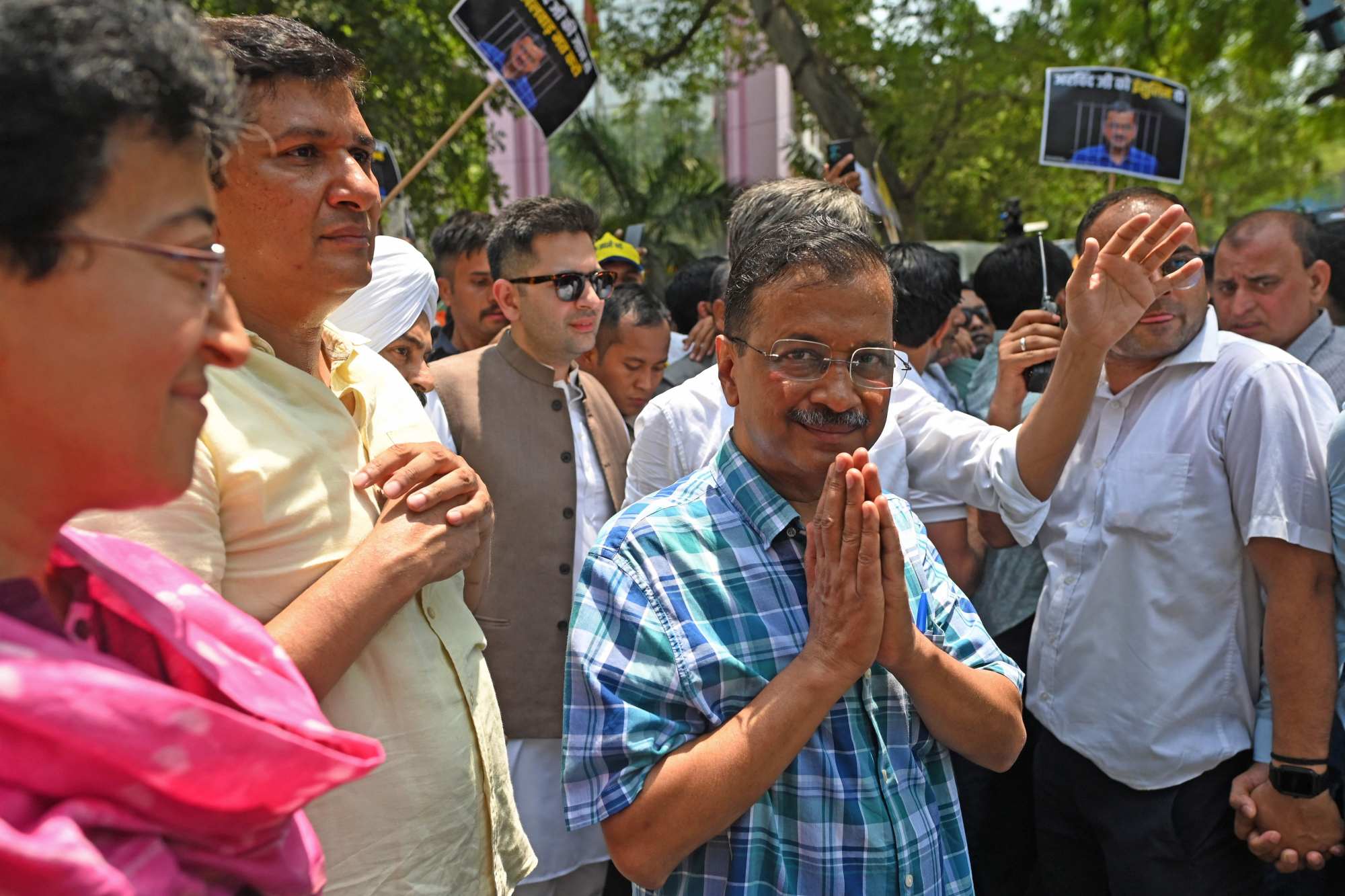
Voters told This Week in Asia that they want to support parties that build quality education infrastructure that expands employment opportunities.
Jaiprakash Kanojia, a voter in south Delhi’s Kalkaji area, is unimpressed with either the Congress or the Bharatiya Janata Party, preferring instead to support the Aam Aadmi Party, led by Delhi Chief Minister Arvind Kejriwal, who was jailed on money laundering charges and recently released on bail.
“We want people who act rather than talk. I just met a boy who moved from a private school to a government school in his final year of high school. This is a testament to Kejriwal’s ability to create opportunities for young people,” Kanojia said, pointing out that standards in government schools were improving.
“Whatever charges he faces, they have not been proven and I support him.”

